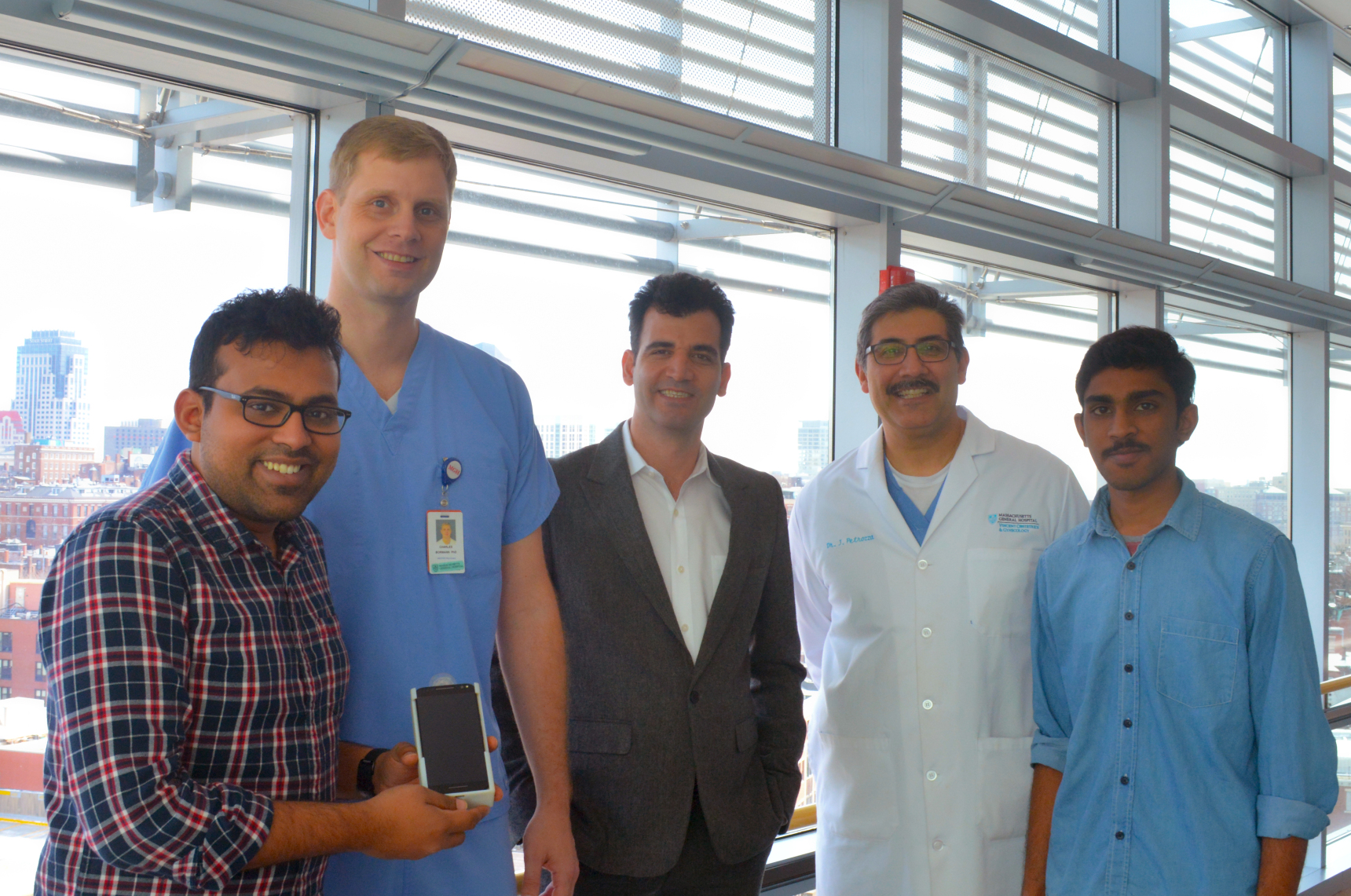Category: Uncategorized
-
Three Things Innovators Can Do with $25,000
Why targeted amounts of money can have big impact on innovation. If you’re an innovator, you know how challenging it can be to fund an idea. To help, the Brigham […]
-
Brigham and Women’s : Media Year in Review
It has been an amazing year for Brigham Health innovation and research. Check out just some of the highlights and successes from 2017.
-

Rock Health Podcast: Provider Adoption of Digital Health
The Rock Health Podcast “Provider Adoption of Digital Health” features Adam Landman, MD, Chief Information Officer, Brigham Health and John Brownstein, Chief Innovation Officer, Boston Children’s Hospital.
-

How Boston has transformed itself into a powerful digital health ecosystem
Boston is home to many prominent hospitals. Although both hospitals and digital health startups seek to improve healthcare, collaborations between them aren’t always easy. In Boston, however, health systems like Brigham and Women’s, Massachusetts General Hospital, and Boston Children’s Hospital have created processes to connect with digital health startups and facilitate the review and onboarding…
-

From Inspiration to Reality: How a Smartphone Test for Male Infertility Took Shape
The idea came to Hadi Shafiee, PhD: what if you could use a cell phone to test for male infertility from the comfort of your own home? Shafiee’s lab at BWH focuses on developing technologies that use micro and nano-fabrication – devices with dimensions less than a millionth of a millimeter. The team has developed…
-
Closing the Innovation Gap in Mental Health Care – Moving the conversation forward at HxRefactored
Last month at the HXRefactored conference, I got to talk about the need to close the innovation gap and how some of the other gaps in research, funding and treatment can limit innovation. I was very excited to be a part of the conference and moderate a panel about design in mental health care. I have…
